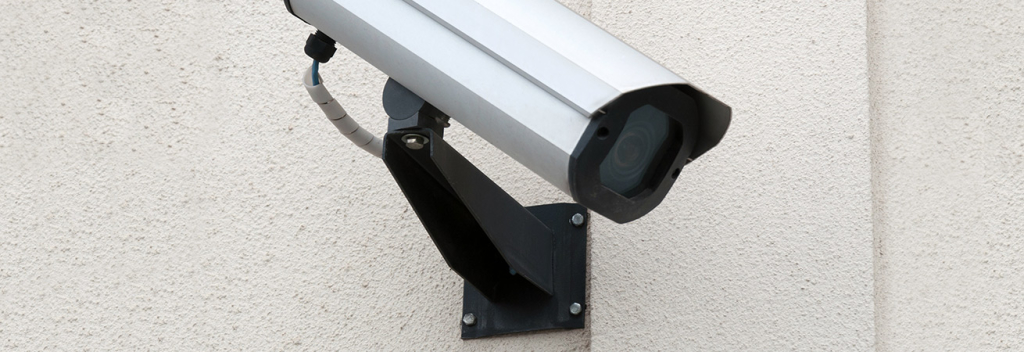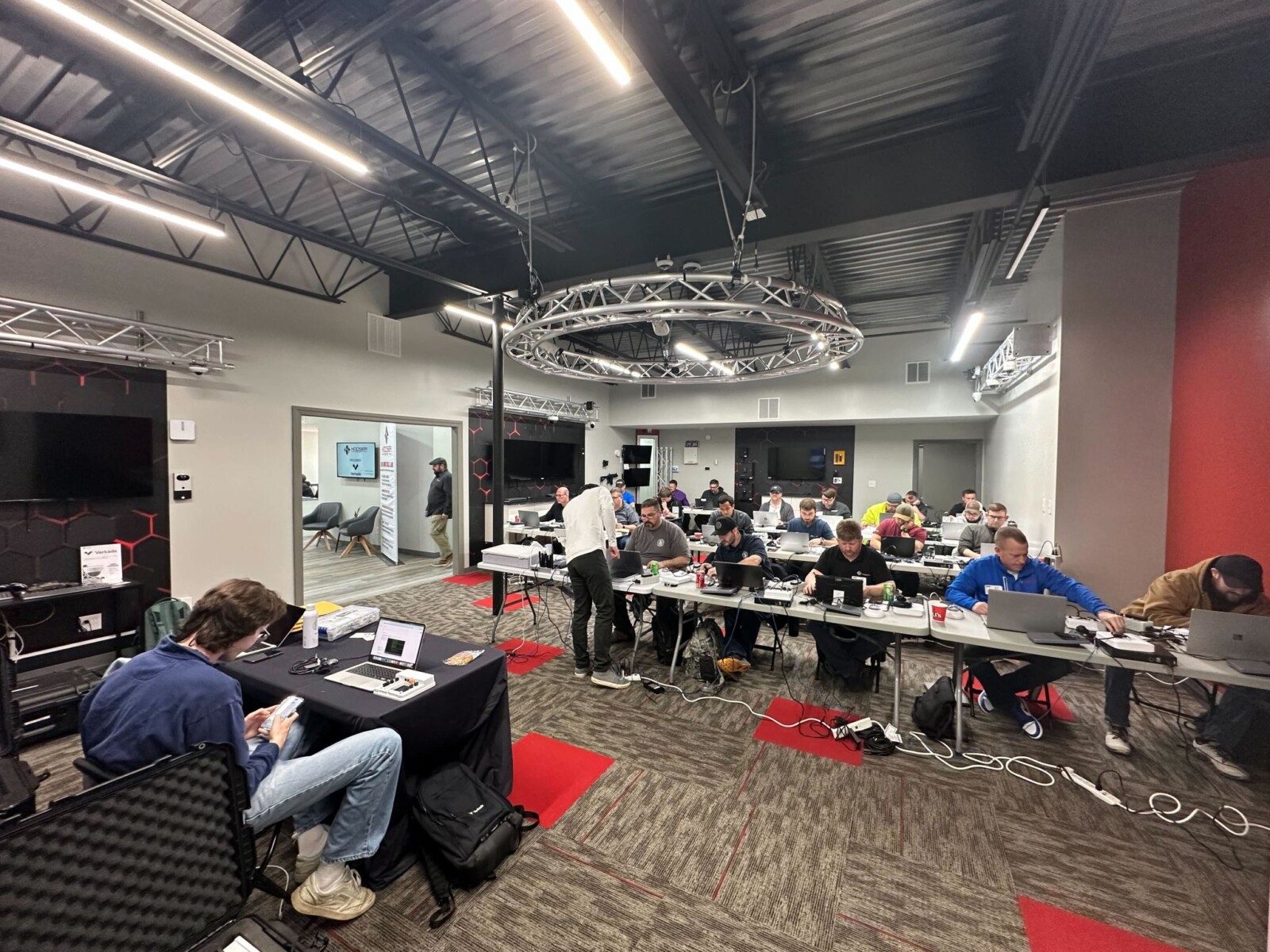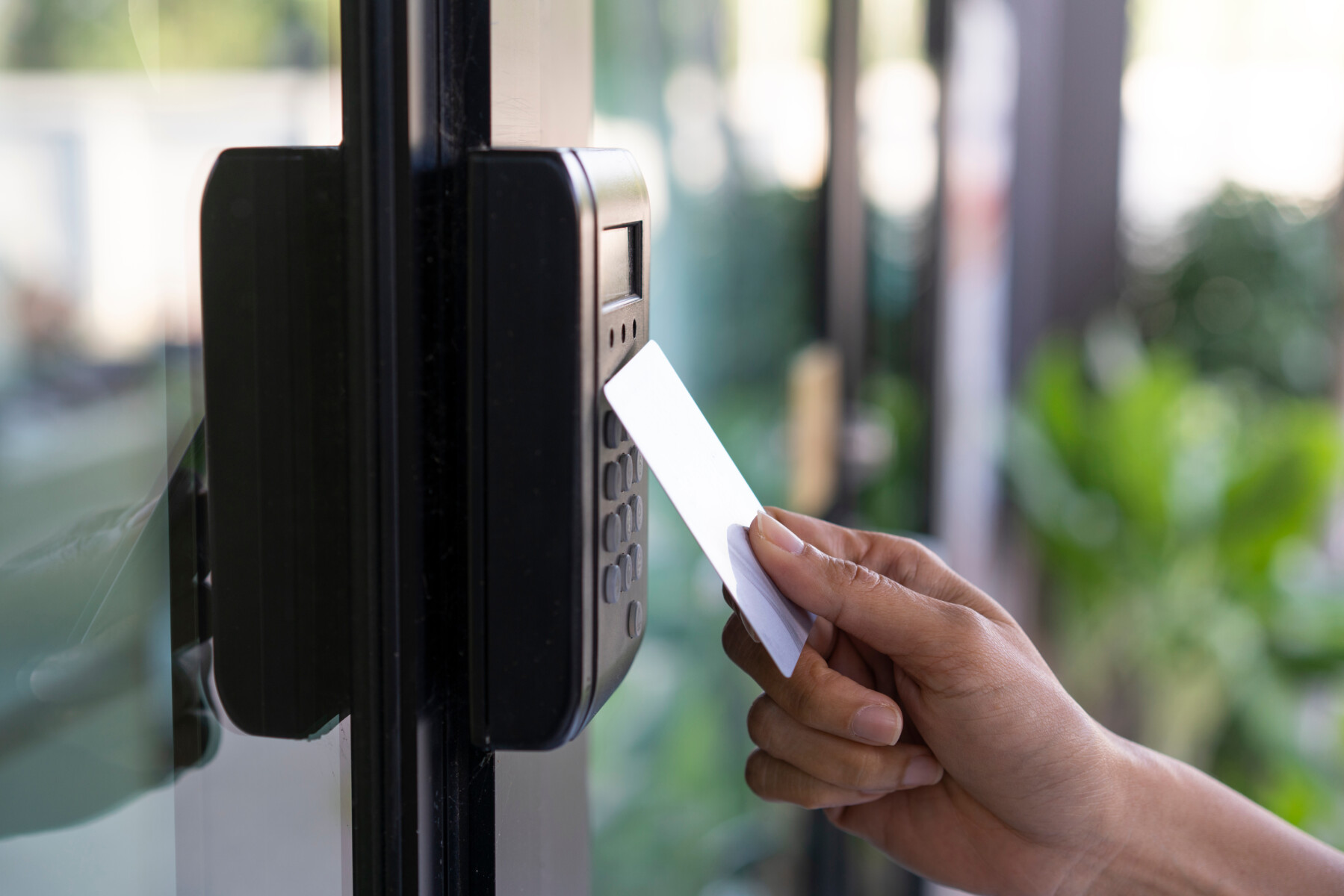In the war against crime, surveillance cameras are emerging as one of the No. 1 pieces of equipment to not only catch criminals. It appears that they also could deter crime in the first place, depending upon the location.
Cameras are helping to solve about half of the crimes in New Orleans’ most popular tourist destination, according to Bob Simm, the security task force coordinator for the French Quarter Management District. “NOPD (New Orleans Police Department) resources are very thin right now,” Simms told New Orleans Public Radio. “This is a way for citizens to help protect themselves. It’s the neighborhood watch of the 21st century.”
Washington, D.C., recently started an incentive program — offering rebates of about $200 to $500 for residents who install surveillance cameras to about $750 for businesses who install them, according to the Washington Post. Mayor Muriel E. Bowser said that it is one in a series of steps to “deter crime and assist police during investigations.”
Do they deter crime?
So, do surveillance cameras actually deter crime? According to a Cornell University study, it appears that they do. It studied criminal patterns where closed-circuit television (CCTV) was used in public spaces.
A systematic review sponsored by the Campbell Collaboration concluded that CCTV reduced crime in parking lots, public transportation systems and housing developments. Based on the analysis of 44 studies, video surveillance systems led to a 51 percent drop in crimes in parking lots and a 23 percent decrease in public transportation.
The analysis concluded that more studies would need to be conducted for other public areas, in which small to no changes were measured, to develop a more comprehensive report.
In another report released by the Urban Institute, crime rates dropped significantly in some of the neighborhoods of Baltimore, Chicago, and Washington, D.C., the cities included in the study, but not so much in others.
The discrepancies resulted in how the surveillance system was set up and monitored, the study authors said. According to Nancy La Vigne, director of the Urban Institute, the study revealed that “cameras can have a very powerful impact on crime, and a cost-beneficial one, but it also suggests cameras don’t work in all places and all contexts.”
Choosing surveillance cameras
When selecting and installing surveillance cameras, it’s important to consider a number of factors first. How visible do you want them to be? Although the evidence is not conclusive, the more visible the cameras the more likely they can serve as a crime deterrent.
Also, consider the quality of the video. If the camera only results in fuzzy images, features of a criminal may not be detected as easily — which could make it more difficult to identify any criminals in the event of an intrusion.
















